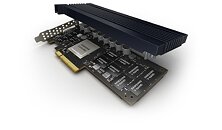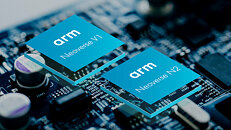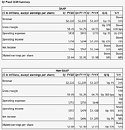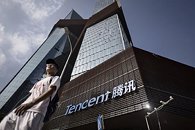
Arm Appoints Rene Haas as Chief Executive Officer
Arm announced today that its board of directors has appointed 35-year semiconductor industry leader Rene Haas as chief executive officer and member of the board of directors, effective immediately. Mr. Haas succeeds Simon Segars, who has stepped down as chief executive officer and member of the board of directors after 30 years with the company. In the near-term, Mr. Segars will support the leadership transition in an advisory role for Arm.
"Rene is the right leader to accelerate Arm's growth as the company starts making preparations to re-enter the public markets," said Masayoshi Son, Representative Director, Corporate Officer, Chairman & CEO of SoftBank Group Corp. "I would like to thank Simon for his leadership, contributions and dedication to Arm over the past 30 years."
"Rene is the right leader to accelerate Arm's growth as the company starts making preparations to re-enter the public markets," said Masayoshi Son, Representative Director, Corporate Officer, Chairman & CEO of SoftBank Group Corp. "I would like to thank Simon for his leadership, contributions and dedication to Arm over the past 30 years."




















